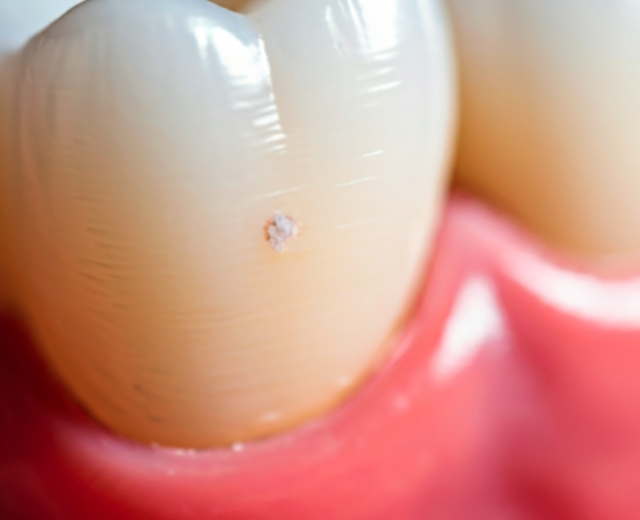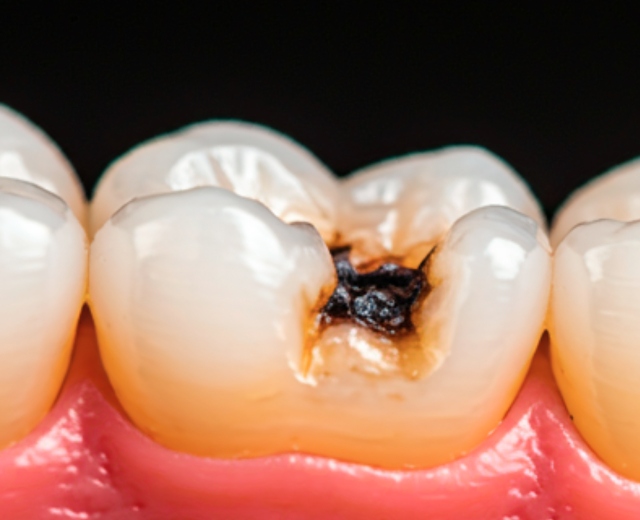VISIT US:
CALL US:
Menu
VISIT US:
CALL US:

Are you worried you might have a cavity? Learn how to identify the common signs and symptoms.
So what exactly are cavities?
Cavities are tiny holes that develop in the enamel of your teeth.
They occur when bacteria in your mouth produce acid that erodes the tooth enamel.
While cavities can sometimes be visible, especially in their later stages, they often start small and can be difficult to detect without a dental exam.


Repairing a cavity involves early detection and treatment. Cavities can get worse quickly, so it’s important to find them early. If you catch a cavity early, a dentist can fix it with a filling or other treatment. But if you wait too long, the cavity might get really bad and you might need a root canal or even lose the tooth. That’s why it’s important to see the dentist for regular check-ups
At Mesa Street Dental, we’re dedicated to helping you maintain a healthy smile. Whether you’re in El Paso or connecting with us virtually, we’re here to provide the information and care you need.
Your smile deserves the best care. Contact us to schedule your dental appointment and experience the Mesa Street Dental difference.
Mon-Thurs: 8AM to 5PM
Fri-Sun: Closed